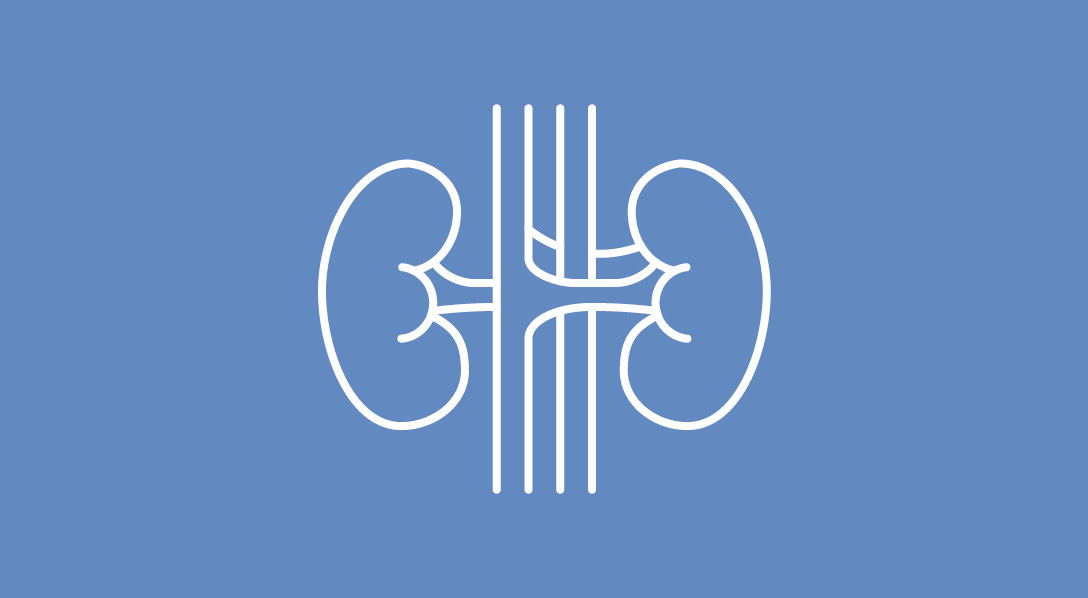Nivolumab Plus Tivozanib Ineffective in Improving PFS in Advanced RCC Following Prior Immune Checkpoint Inhibition
Nivolumab plus tivozanib did not improve progression-free survival in patients with advanced metastatic renal cell carcinoma after prior immune checkpoint inhibition.
Nivolumab Plus Tivozanib Ineffective in Improving PFS in Advanced RCC Following Prior Immune Checkpoint Inhibition

Adding nivolumab (Opdivo) to tivozanib (Fotivda) did not improve progression-free survival (PFS) in advanced metastatic renal cell carcinoma (RCC) with progression after prior treatment with immune checkpoint inhibitors, failing to meet the primary end point of the phase 3 TiNivo-2 trial (NCT04987203).1
However, the trial’s control arm, which evaluated tivozanib monotherapy at a standard dose of 1.34 mg, elicited a clinically meaningful median PFS in the second-line setting following immune checkpoint inhibitor combination therapy.
These findings expand on the results of the pivotal phase 3 TIVO-3 trial (NCT02627963), which supported the 2021 FDA approval of tivozanib for the treatment of adult patients with relapsed/refractory advanced RCC who had received at least 2 prior systemic therapies. Furthermore, the TiNivo-2 findings were consistent with those from other phase 3 trials in similar patient populations with RCC.
TiNivo-2 is the second clinical trial to show no clinical benefit from immunotherapy rechallenge in patients with RCC who have progressed on prior immune checkpoint inhibitors. Previously, data from the phase 3 CONTACT-03 trial (NCT04338269) showed that atezolizumab (Tecentriq) plus cabozantinib (Cabometyx) did not improve PFS or overall survival (OS) vs cabozantinib alone in patients with advanced RCC who previously received treatment with an immune checkpoint inhibitor.2
“The PFS and safety results from the control arm [of TiNivo-2] support tivozanib as an effective and well-tolerated treatment option in the second-line following an immune checkpoint inhibitor combination as prior systemic therapy,” Toni Choueiri, MD, the TiNivo-2 lead study investigator, stated in the news release.1 Dr Choueiri is the director of the Lank Center for Genitourinary Oncology and the director of the Kidney Cancer Center at Dana-Farber Cancer Institute, as well as the Jerome and Nancy Kohlberg Chair and Professor of Medicine at Harvard Medical School, both in Boston, Massachusetts.
“The PFS and safety of the [tivozanib] control arm in the second line following immune checkpoint inhibitor combinations adds to the growing body of evidence of the importance of a highly selective anti-VEGFR TKI therapy as an effective, well-tolerated treatment option for [patients with] relapsed or refractory RCC treated with prior immune checkpoint inhibitor combination therapy,” Michael P. Bailey, the chief executive officer and president of AVEO Oncology, added in the news release. “[Although] the addition of an immune checkpoint inhibitor to low-dose [tivozanib] did not improve PFS outcomes after prior immune checkpoint inhibition, we consider the control arm data an important, evidence-based, and clinically meaningful contribution to the oncology community treating [patients with] relapsed or refractory advanced RCC following frontline immune checkpoint inhibitor combinations.”
The randomized TiNivo-2 trial investigated the efficacy of adding the PD-1 checkpoint inhibitor nivolumab to low-dose tivozanib compared with standard-dose tivozanib in the second line after treatment with immune checkpoint inhibitor combination therapy or in the third line after prior immune checkpoint inhibition. This trial enrolled patients across sites in North America, Latin America, and Europe.
Eligible patients included those with radiographic disease progression during or after at least 6 weeks of first- or second-line treatment with immune checkpoint inhibition for locally advanced or metastatic RCC with a clear cell component.3 Patients needed to have recovered from the adverse effects related to prior therapy, have an ECOG performance status of 0 or 1, and have measurable disease per RECIST 1.1 criteria.
Patients were ineligible for enrollment if they had received a single TKI in the frontline setting followed by immune checkpoint inhibitor monotherapy in the second-line setting, or if they had received more than 2 prior lines of therapy in the advanced or metastatic setting. Other barriers to enrollment included a history of life-threatening toxicities related to prior immunotherapy, active autoimmune disease, uncontrolled hypertension, and receipt of more than 1 prior line of checkpoint inhibition in the metastatic setting.
The primary end point was PFS. Secondary end points included OS, duration of response, overall response rate, and safety.
Detailed data from TiNivo-2 are expected to be presented at an upcoming medical meeting.1
References
- AVEO Oncology, an LG Chem company, announces phase 3 renal cell carcinoma clinical trial (TiNivo-2) results. News release. AVEO Oncology. July 18, 2024. Accessed July 18, 2024. https://www.prnewswire.com/news-releases/aveo-oncology-an-lg-chem-company-announces-phase-3-renal-cell-carcinoma-clinical-trial-tinivo-2-results-302199844.html
- Choueiri TK, Albiges L, Tomczak P, et al. Efficacy and safety of atezolizumab plus cabozantinib vs cabozantinib alone after progression with prior immune checkpoint inhibitor (ICI) treatment in metastatic renal cell carcinoma (RCC): primary PFS analysis from the phase 3, randomized, open-label CONTACT-03 study. J Clin Oncol. 2023;41(suppl 17):LBA4500. doi:10.1200/JCO.2023.41.17_suppl.LBA4500
- Study to compare tivozanib in combination with nivolumab to tivozanib monotherapy in subjects with renal cell carcinoma. ClinicalTrials.gov. Updated April 30, 2024. Accessed July 18, 2024. https://clinicaltrials.gov/study/NCT04987203



